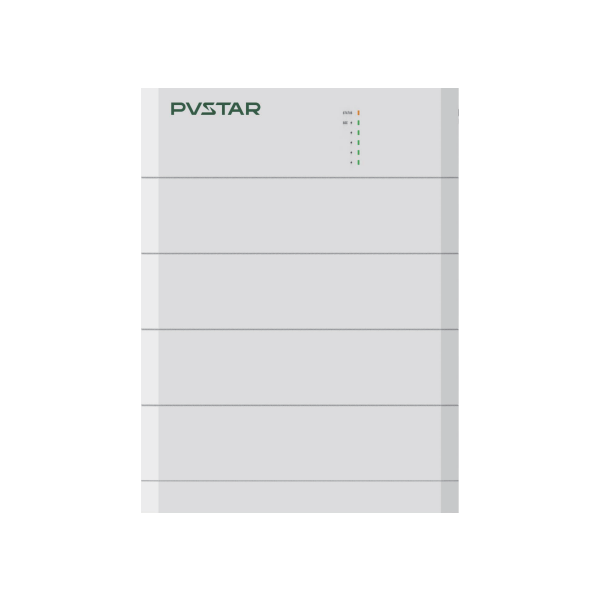Supplier of Solar Battery Energy Storage Systems
Product Main Parameters
| Model | Total Capacity | Usable Capacity | Rated Voltage | Operating Voltage |
|---|---|---|---|---|
| PVS-HB 075A | 7.68kWh | 6.91kWh | 153.6V | 120.0V~175.2V |
| PVS-HB 200A | 20.48kWh | 18.43kWh | 409.6V | 320.0V~467.2V |
Common Product Specifications
| Installation Location | Installation | Operating Temperature Range | Storage Temperature Range |
|---|---|---|---|
| Indoor/Outdoor | Floor Stand(Stack) | Charging: 0℃~50℃ / Discharging: -20℃~50℃ | -20℃~45℃ |
Product Manufacturing Process
According to recent authoritative studies, the manufacturing process of lithium-ion batteries, particularly the LiFePO4 type, involves multiple critical steps: electrode production, cell assembly, and system integration. Electrode production involves mixing active materials with binders and solvents, forming a slurry that is coated, dried, and pressed onto metal foils. These electrodes are then assembled into cells, where they are stacked or wound, followed by electrolyte filling. The cells are tested for performance and safety, ensuring compliance with IEC 62619, IEC 62040, and other standards. A conclusion indicates that advancements in manufacturing technologies are focusing on enhancing energy density, safety, and reducing costs, making solar battery energy storage systems more accessible to users globally.
Product Application Scenarios
Solar battery energy storage systems are prominently used in residential and commercial settings. Studies highlight their role in enhancing energy independence by reducing reliance on conventional grids. These systems are critical for areas with unstable power or frequent outages, providing a reliable backup. In commercial applications, they support peak shaving and load balancing, optimizing energy costs. Academic research concludes that integrating solar energy with storage technologies creates robust systems that are adaptable to various energy needs, further promoting the transition towards decentralized and sustainable energy solutions worldwide.
Product After-Sales Service
Our supplier offers comprehensive after-sales support, ensuring customer satisfaction and optimal system performance. Services include regular maintenance, system diagnostics, and 24/7 customer support.
Product Transportation
Our solar battery energy storage systems are transported with care, ensuring compliance with safety standards. The packaging is designed to withstand environmental conditions and prevent damage during transit.
Product Advantages
- Easy to install with a modular design
- IP65 protection rating for high reliability
- User-friendly and expandable design
- Online monitoring available via PVSTAR Apps
Product FAQ
- What is the main advantage of using solar battery energy storage systems?
As a supplier, our systems provide energy independence by storing excess solar energy for use when needed, reducing grid reliance and cutting down electricity bills.
- How does the installation process work?
Installation is quick and easy with a modular design, requiring only basic tools. Our supplier ensures a seamless process to get your system running efficiently.
Product Hot Topics
- Emerging Trends in Solar Battery Energy Storage
The solar battery energy storage market is rapidly evolving, with advancements in technology and cost reductions driving widespread adoption. As a leading supplier, we are at the forefront of these trends, offering state-of-the-art solutions.
- Benefits of Solar Battery Energy Storage for Grid Stability
Solar battery energy storage plays a crucial role in enhancing grid stability. By storing energy during low-demand periods, they help balance supply and demand, easing strain on local power infrastructure. Our supplier solutions are designed to support this vital function.
Image Description
There is no picture description for this product









